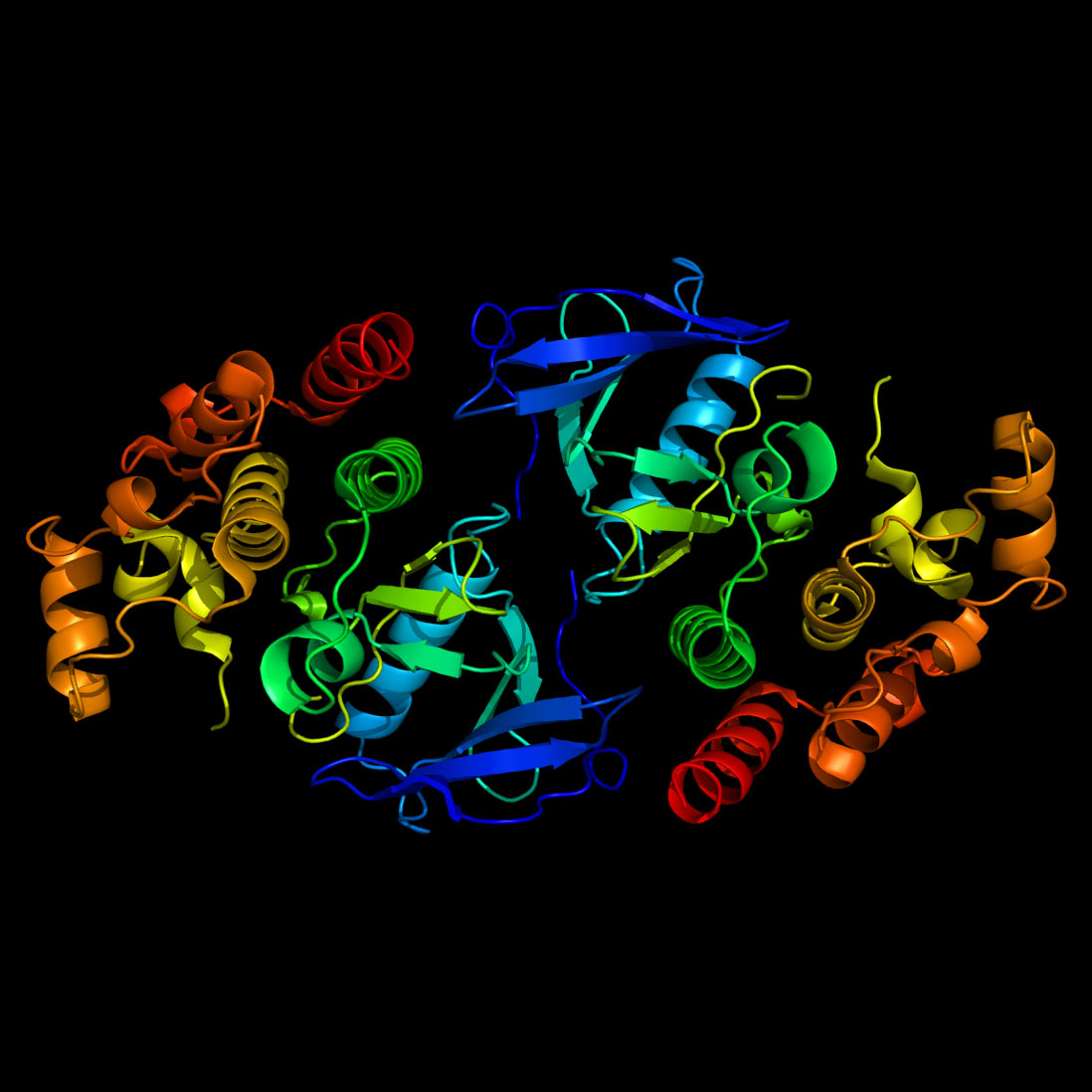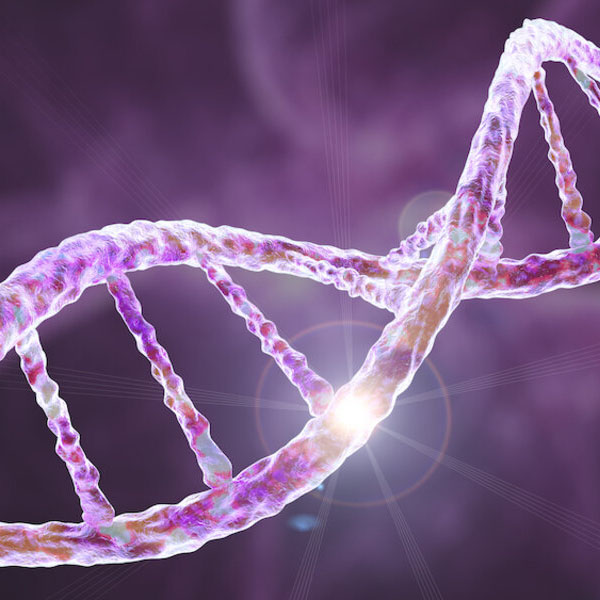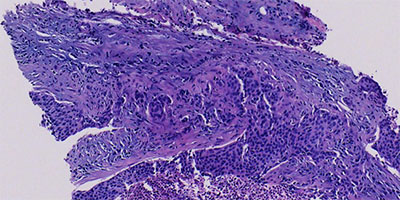PATIENT PARTICIPATION
Biobank participation is an option for many cancer patients at the Gundersen Health System. Eligible patients may be identified by surgeons or contacted directly by MyChart message. If you receive that communication, full information on participation will be provided and you will be free to opt-in or decline to participate.
Selected examples of studies to which our biobank specimens have contributed to are highlighted below:




